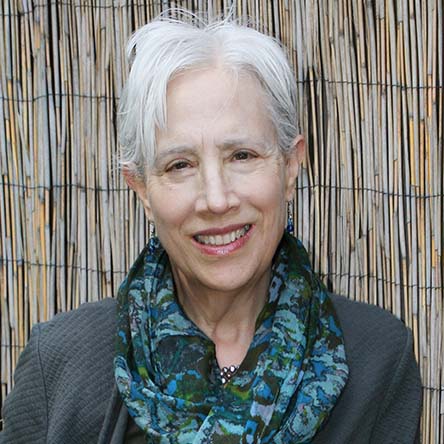The Unspoken Reasons Why Middle-Aged Couples Are Calling It Quits
In the last few decades, a new term has gained prominence in the landscape of love and matrimony: “gray divorce.” This phrase, contrary to its somewhat gloomy undertone, represents the growing phenomenon of middle-aged people ending their marriages. While the stigma surrounding divorce has diminished, it has left many of us pondering: Why are couples who have spent decades together deciding to go their separate ways?
Shattered Illusions of The Golden Years
One of the most glaring misconceptions is that couples who have weathered the storms of early marriage are in it for the long haul. Society paints a picture of the golden years filled with companionship, leisurely Travel, and rocking chairs side by side. The reality can be jarringly different. When Retirement rolls around, couples suddenly find themselves confronting not only a new Lifestyle but also their own expectations of what those golden years should look like. It’s a reality check that can shake the very foundation of a marriage.
The Kids Are Alright; What About Us?
For many, parenting provides a shared goal that keeps the marital engine running. Household chores, school activities, and weekend soccer games offer a well-oiled routine. However, once the kids move out, couples often find themselves staring at each other across an empty nest, wondering what’s left to share. The absence of a common goal can expose cracks in the relationship that were easy to overlook when parental duties consumed all the attention.
Evolving Individually, But Not Together
Personal Growth isn’t linear, and it certainly doesn’t stop as we age. Over the years, both partners continue to evolve, develop new interests, and sometimes, outgrow old ones. While change is a sign of a healthy, introspective life, it can also lead to a gradual drifting apart if both parties aren’t growing in the same direction. By the time they reach middle age, some spouses realize they have become fundamentally different people with diverging life goals, leading to the difficult decision to separate paths.
A Second Shot at Love and Life
Believe it or not, the prospect of newfound freedom can be exhilarating. This isn’t about experiencing a mid-life crisis but rather an awakening. With longer life expectancies and better health in the later years, many see this period as an opportunity for a fresh start—a second act, so to speak. With the children grown up and fewer financial constraints, they seek new experiences, whether it’s travelling the world, picking up a long-forgotten hobby, or even finding a new romantic partner more aligned with who they have become.
Societal Shifts: Breaking the Taboo
Perhaps, the most significant factor fueling the rise in middle-aged divorce is the lifting of the social taboo surrounding it. The idea of ‘staying together for the kids’ or societal appearances is less influential than it was a few decades ago. Social media platforms are awash with narratives of people finding happiness post-divorce, offering both a support system and proof that life can flourish after separation.
The Quest for Authenticity
As the concept of success is redefined in the modern age, so is the concept of a successful marriage. Many no longer see longevity as the only metric for a happy marriage. Rather, authenticity and individual happiness have taken the center stage. When the weight of the unspoken, accumulated disappointments reaches a tipping point, couples may choose to take separate routes in the quest for a more authentic life.
In a world where second chances are not only possible but also socially acceptable, the trend of middle-aged divorce becomes less of an enigma. This phenomenon isn’t necessarily a reflection of failure but often an act of courage—an opportunity to make the remaining years not just bearable, but truly meaningful.

























